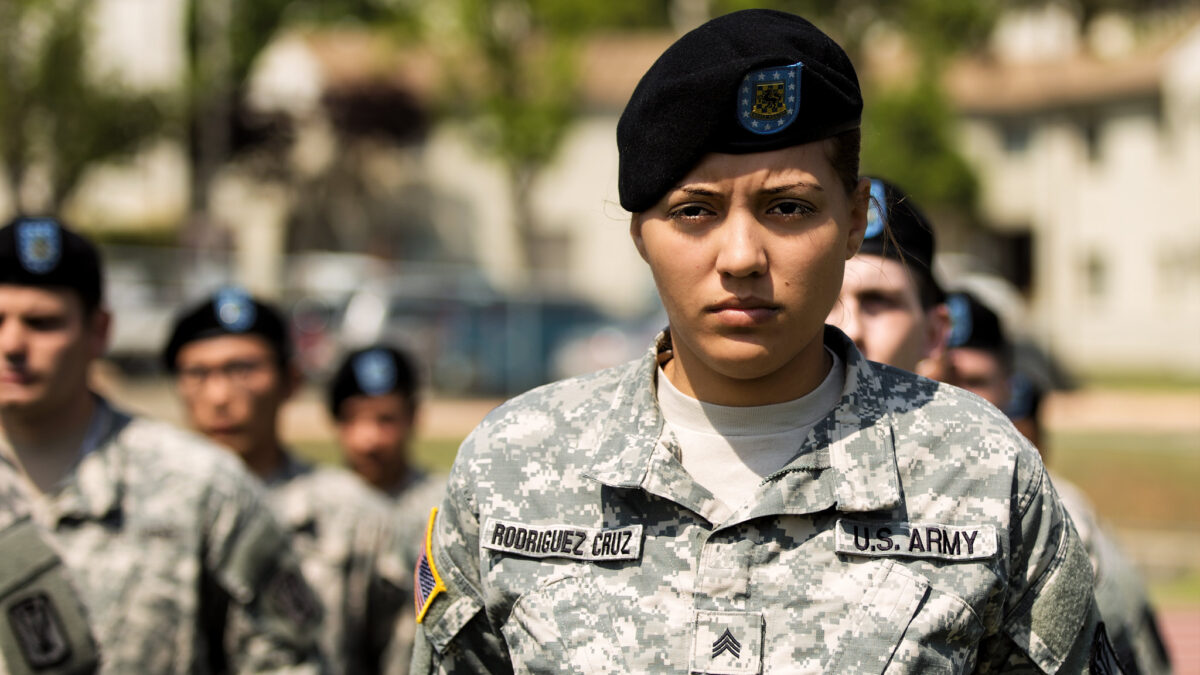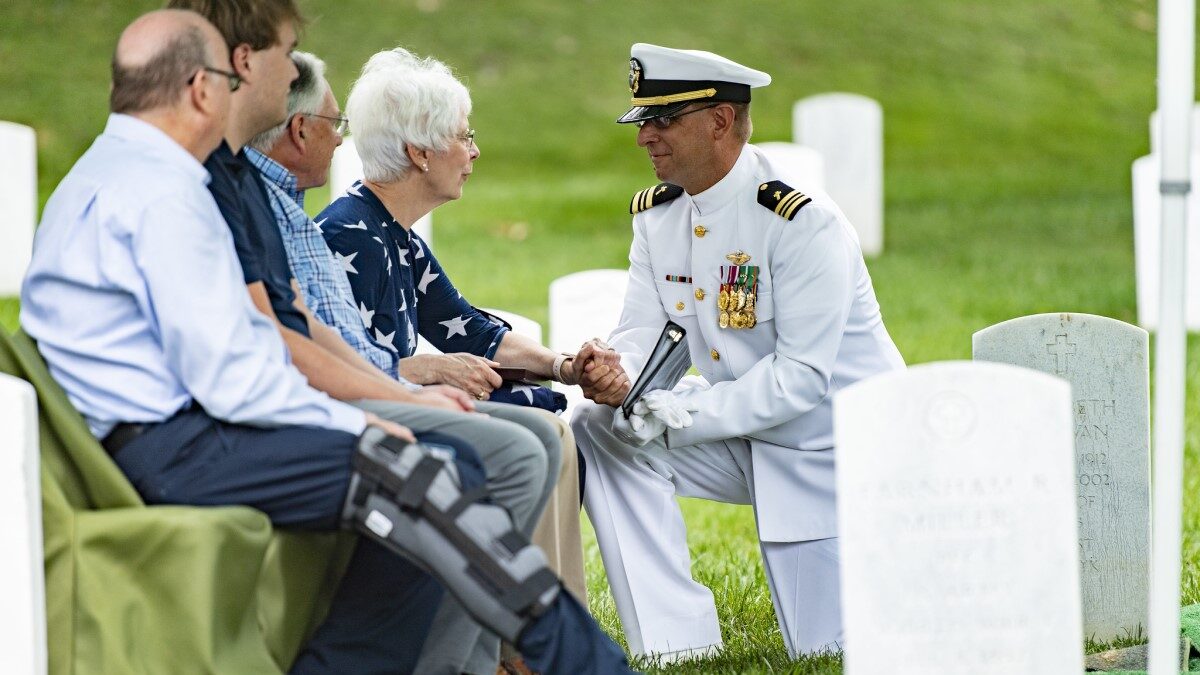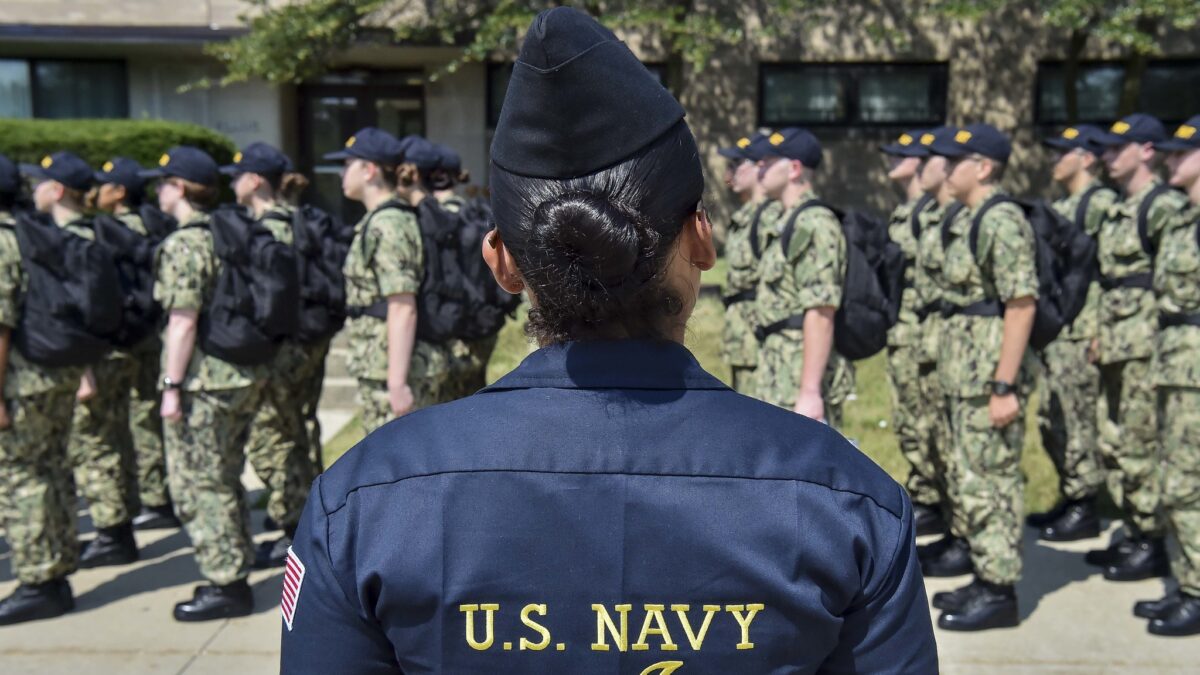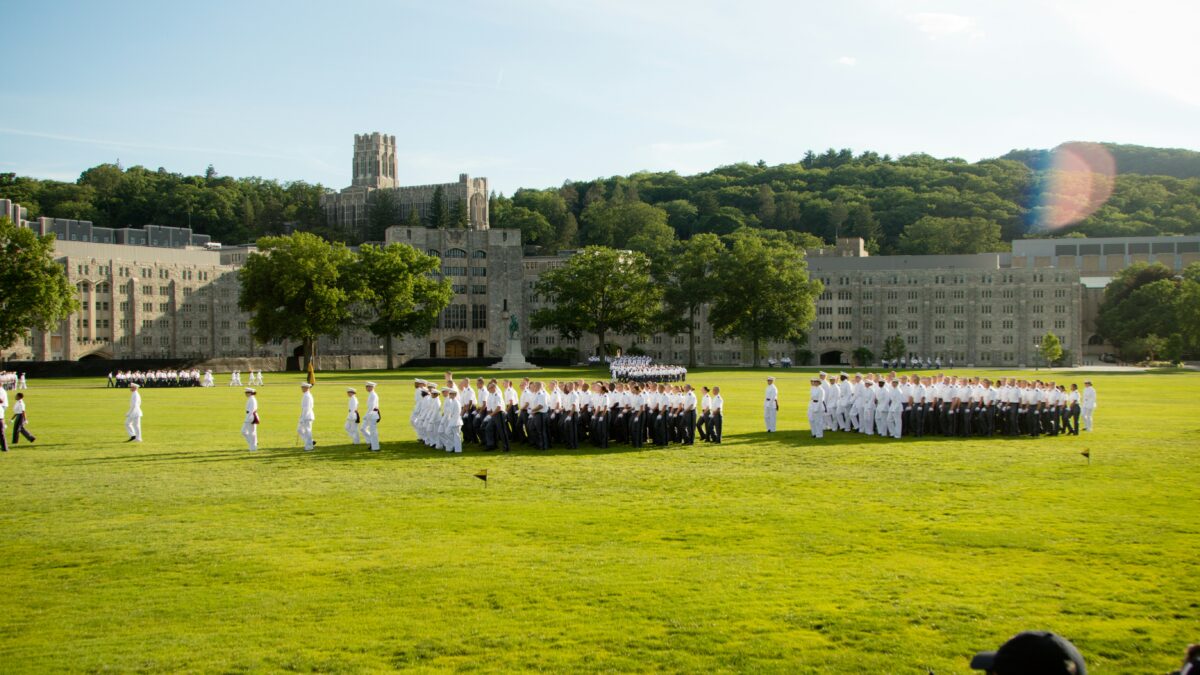According to an anonymous whistleblower letter posted by Air Force Times, Pentagon policy makers are promoting “diversity and inclusion” at the expense of high, uncompromised standards in an elite Special Operations Forces command. The letter focuses an unnamed female captain who began training with the Special Tactics Training Squadron (STTS) in 2018, hoping to become the first woman to join a combat controller team (CCT).
The female captain dropped out of physically demanding combat controller course exercises several times, but unlike male trainees with similar difficulties, Air Force Special Operations Command (AFSOC) officials kept extending special concessions to keep her in the program.
The detailed anonymous letter reported 11 examples of unusual concessions that AFSOC extended to retain the female captain, even though she had not met longstanding standards and repeatedly dropped out of essential training events, such as rigorous diving exercises and solo land navigation. Air Force Times, which confirmed details with a second source, obtained performance forms and score charts that appeared to support the whistleblower’s letter, and submitted them for comment to AFSOC Commander Lt. Gen. Jim Slife.
Slife did not refute specific allegations, citing privacy considerations, but he vehemently denied that AFSOC standards had changed: “While the standards remain the same, the norms have not.” This is an equivocation, based on a half-truth.
“Norms” did change last year when U.S. Special Operations Command (SOCOM) Commander General Richard Clarke released his Diversity & Inclusion Strategic Plan. The Center for Military Readiness analyzed the SOCOM diversity mandate, noting that 12 times on 20 pages, the document asserted without evidence that “Diversity and inclusion are operational imperatives.” These vacuous, unsupported words have triggered turbulence in one of the nation’s most elite fighting forces, and probably more we don’t know about.
Air Force Special Tactics (ST) combat controllers often deploy as “one-man attachments to special forces teams,” such as Navy SEALS, Army Delta Force, and Marine Raiders. They are FAA certified, trained in scuba, parachuting, and other special forces skills, and capable of establishing airfields in hostile areas, calling in air strikes, and evacuating fallen colleagues during perilous covert missions.
The female captain deadlifted 250 pounds, an impressive feat, but Special Tactics Officers (STOs) must deadlift 300 pounds, a test tied to mission requirements. A man who can lift 400 pounds still may not be qualified if he doesn’t show the mental toughness needed to stay in training without quitting.
Nevertheless, when the female captain self-eliminated from strenuous diving and solo land navigation events, AFSOC commanders kept extending special career options to get her back in the ST squadron, where she will resume training soon. If true, responsibility for these extraordinary concessions belongs to SOCOM’s “first ever” Chief Diversity and Inclusion Officer, Richard Torres-Estrada, Secretary of Defense Lloyd Austin, and SOCOM Commander Gen. Clarke.
In 2021 Torres-Estrada was removed as diversity czar but his reinstatement coincided with release of the SOCOM Diversity & Inclusion Strategic Plan. Insisting that “Diversity & inclusion are operational imperatives,” the document ordered ST commanders to “ruthlessly reassess our cultural norms.”
Pretentious words like that have consequences. Now we see “evolving” standards and norms that are not consistent with Special Operations Forces culture.
According to Anna Simons, Ph.D., author of a book on the subject, trainees who voluntarily withdraw (VWs) are not demeaned, but they’re not coddled either: “No one tries to convince a VW that he might be making a mistake or that he should rethink his decision. Special Forces Assessment & Selection is all about elimination.”
Dropping out of ST training is no disgrace; 70-80 percent of male aspirants do not make it through the three-year combat controller course. Slife nevertheless split hairs between “standards” and “norms,” raising questions about his decisions as AFSOC commander.
Wrote Slife, “How we bring trainees through the training pipeline today is different than the way we [did]15 years ago because our understanding of the best way to get trainees to meet standards and be ready to join the operational force has evolved.”
Special operators whose necks and missions are on the line see through the semantics. Finishing each phase of training without quitting is an essential qualification that is critically important for unit cohesion, which means mutual trust for survival and mission accomplishment.
A confidential Navy source explains the new norms: Because “equity” is more important than individual excellence, how a female trainee is deemed “qualified,” even after multiple failures, becomes irrelevant. It’s like two people taking a written test in which one is required to provide answers from memory and the other is given a list of answers. Both score 100 percent on the test and are called “equally qualified.”
Special tactics operators, however, don’t get multiple chances to carry a wounded colleague to safety; they only get one. Pass or fail; live or die.
High-level policy makers see nothing wrong with this. In their minds, discriminatory practices that put everyone at greater risk are called “additional opportunities to succeed.” Promotable officers must meet diversity goals, so career self-interest increases pressure to make the new norm “work.”
Slife attacked the integrity of the unknown whistleblower, accusing him of “singling out” a fellow service member for “public abuse, bullying and harassment.” It is unfortunate that the unknown whistleblower felt compelled to post his letter, but the Defense Department does not provide options for calling out dangerous training practices.
No one should blame the female captain for policies she did not make. In a written report, she did not mention any unprofessional behavior or pressure from instructors to “self-eliminate,” but she did recognize that changes in standards “invalidated me with a majority of my team.”
The situation is unfair and demoralizing for everyone concerned. AFSOC leaders have called for an investigation of how women are being treated, but they are not asking the right questions. The issue is not about women; it’s about priorities.
Instead of supporting the Pentagon’s small army of diversity-crats and “woke” leaders like those running Special Operations Command, Congress should challenge all military and civilian officials who are turning sound priorities upside down.









